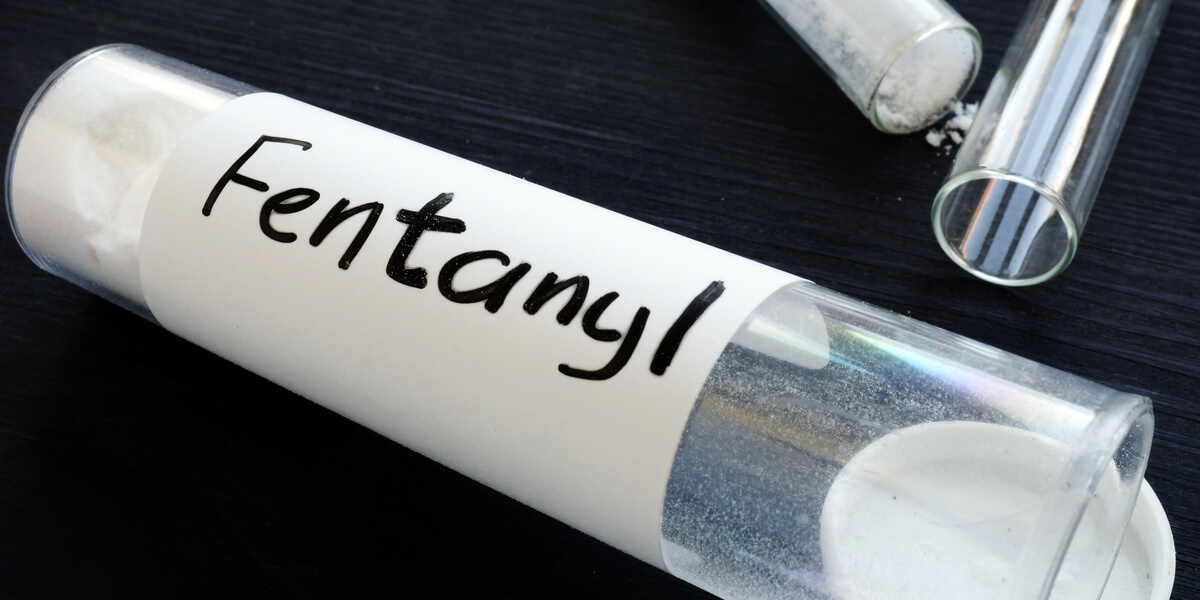
How Long Does Fentanyl Stay In Your System?
Legacy Healing Center Blog
Legacy Healing Center understands the growing concern around fentanyl, a potent opioid that poses significant health risks when abused. How long does fentanyl stay in your system? This is one of the most common questions from individuals facing addiction. Knowing this information is crucial not only for those struggling with addiction but also for those trying to understand the dangers of this drug. The length of time fentanyl stays in the body can vary depending on factors such as frequency of use, dosage, and individual metabolism.
At Legacy Healing Center, people struggling with fentanyl addiction can find the comprehensive support needed to recover safely. Whether you’re dealing with fentanyl withdrawal symptoms or are curious about fentanyl test strips for harm reduction, knowing how this drug impacts your system is the first step toward recovery. This blog will explore how long fentanyl remains in the body and what you can do if you’re facing fentanyl addiction.
Fentanyl in Your System
When fentanyl is ingested, it rapidly enters the bloodstream, delivering immediate effects and lingering traces that can be detected for some time. The big question remains: how long does fentanyl stay in your system? Depending on several factors, including dosage, metabolism, and method of use, fentanyl can be detected in urine for up to three days, in saliva for one to four days, and in hair samples for up to 90 days.
Although fentanyl’s presence in the blood may disappear relatively quickly, the body can take longer to fully eliminate it, especially if the person has been using the drug regularly. For those in recovery, managing fentanyl withdrawal effectively is critical. Legacy Healing Center offers specialized care to ensure that the detox process is as safe and comfortable as possible, helping individuals move forward in their recovery journey at our drug rehab in your area.
Fentanyl Withdrawal Symptoms and Detox
The withdrawal process from fentanyl can be both physically and mentally grueling. Fentanyl withdrawal symptoms typically begin within 12 to 30 hours after the last dose, causing a range of discomfort, including nausea, muscle aches, sweating, and intense cravings. The effects of fentanyl withdrawal are intense, but with our medical detox and care, patients can manage their symptoms and work toward long-term sobriety.
Detoxing from fentanyl is not something to attempt alone. Legacy Healing Center offers a comprehensive solution for those facing addiction. At our trusted drug rehab, patients receive the support and care they need to overcome the challenges of withdrawal and achieve lasting recovery. Knowing how long fentanyl stays in your system is just one part of the recovery process, but with the right treatment, individuals can safely navigate the journey to sobriety.
Fentanyl Test Strips: A Harm Reduction Tool
In response to the rising dangers of fentanyl-laced drugs, fentanyl test strips have become a valuable tool for harm reduction. These strips allow users to test substances for the presence of fentanyl before use, potentially preventing accidental overdoses. However, while these strips can be lifesaving, they are not a substitute for professional addiction treatment. If you or someone you know is battling fentanyl addiction, it’s important to seek help from a qualified rehab in your area to address the root cause of substance use.
For those wondering how long fentanyl stays in your system, it’s clear that fentanyl can have lingering effects even after its immediate impact wears off. Legacy Healing Center provides comprehensive levels of rehab care for individuals recovering from fentanyl use, offering both detox services and long-term rehabilitation programs. While tools like test strips can be helpful, professional treatment is the most effective way to achieve lasting sobriety.
Overcoming Fentanyl Addiction with the Right Treatment
Understanding how long fentanyl stays in your system is vital in order to manage the withdrawal process and ensure safe detox. While detection times may vary, the impact of fentanyl can be long-lasting without proper addiction treatment. If you or a loved one is struggling with fentanyl addiction, seeking professional help is the safest way forward. Legacy Healing Center offers a range of services designed to help individuals detox safely and work toward long-term recovery.
If you’re ready to take the next step toward sobriety, contact us at Legacy Healing Center for compassionate and professional care. For more information on addiction recovery and related topics, check out our blog for valuable insights and resources. Together, we can help you reclaim your life from addiction.
Related Readings:
